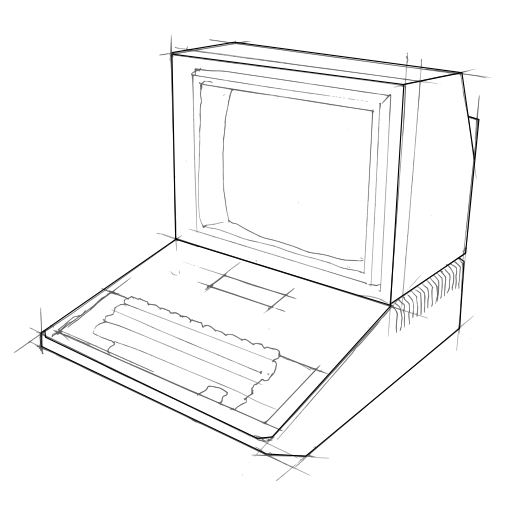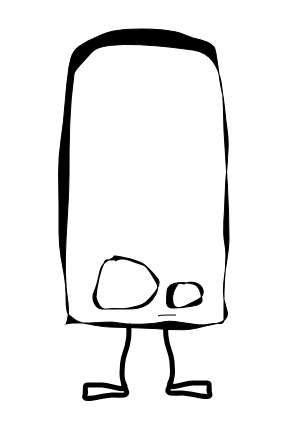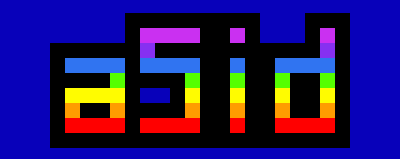Sept. 28, 2009
The Saturday before last was Software Freedom Day, and I'd like to belatedly pay hommage to that weird hippie who many people in the software world seem to hold disdain for, Richard Stallman.
Even if you don't like Stallman's ideas, or his personality, or the way he looks, you are basically 100% 0wned by him.
How can that be? Let me quote from Wikipedia:
"Richard Stallman started GCC in 1985."
BAM! 0wned.
Basically it works like this: Stallman came up with the GNU General Public License, which is like those EULAs that you often have to agree to when installing software, except that it does the opposite to those EULAs in that it guarantees your freedoms as a user of that software rather than restricting them. You interact with thousands of pieces of Free Software on a daily basis, whether you realise it or not, and the GPL is the most widely used Free Software license.
If you have ever used a computer network (e.g. the internet, on which you are reading this), many of the routers through which your traffic travels contain firmware which was compiled using the compiler suite which he created. Likewise if you've ever driven a car, used a games console, television, refrigerator, or a mobile telephone, many of the devices you use would have had their firmware compiled with GCC. In the case of games consoles, pretty much all the games you play on consoles would have been compiled with a GCC variant. So even if the software on those devices is itself not licensed under a Free Software license, you are still using something which was created using a tool created by Stallman. Likewise, if you run any Apple products, or pretty much any OS except a Microsoft OS, a huge amount of the software you interact with on a daily basis was compiled with GCC. I always find it magnificently ironic when I hear or read about people with Macbooks or iPods or iPhones complaining about the GPL and Free Software. Even the firmware in your PC was probably compiled with GCC. Richard Stallman 0wns your computers and your devices.
If you ever use Google, or many of the other high profile internet sites we all interact with on a daily basis, you will often find that those site run GNU/Linux on their servers. The GNU part of GNU/Linux refers to the fact that a large amount of the software in the Linux ecosystem comes from the movement which Richard Stallman started. It's in part due to that movement that we have had the cheap, ubituitous internet experience we have had. Richard Stallman 0wns the internet.
Stallman was right, and as long as you use pretty much any technology at all, you have proved him right.
Free Software has won.

 helo.
helo.